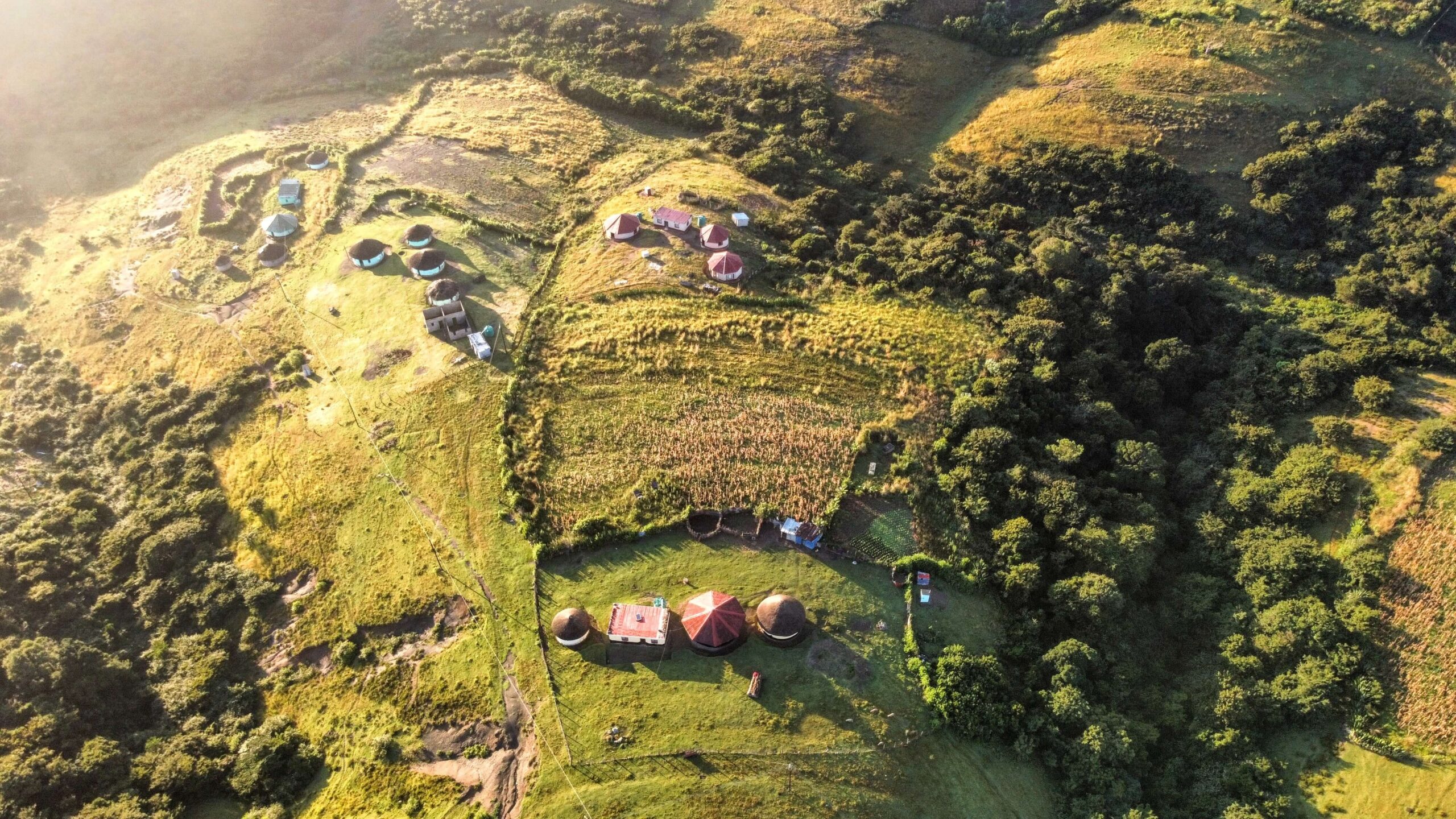This report seeks to deepen the understanding of elite capture in land reform and to provide a more comprehensive picture of its causes and consequences. The key overarching questions include: who has benefited from South Africa’s land redistribution? Who have been the winners and losers in land redistribution and why? What are the criteria for beneficiary targeting and selection?
The report is based on intensive fieldwork in seven selected sites in five provinces of South Africa – the Eastern Cape, Free State, KwaZulu-Natal, North West and the Western Cape. Findings reveal the skewed distribution of resources in land redistribution in favour of well-off beneficiaries. This is attributable to policy biases which prioritise commercial success as an overriding goal in land reform. Well-off beneficiaries (urban-based business individuals, taxi or transport operators, former state bureaucrats and local politicians) with access to material resources, knowledge and information, often qualify as beneficiaries.
Recommendations to deal with these problems include: drafting a new land reform law to operationalise equitable access to land, promoting a more transparent and demand-driven process, the need for decentralised land identification, rationing the expenditure of public resources in land redistribution, re-thinking the leasehold system in land redistribution and ensure tenure security, developing stringent monitoring and evaluation of land reform programmes to enhance land reform governance, reconfiguring land reform institutions to ensure greater coordination between land reform and agriculture components, broadening the policy vision beyond expropriation without compensation, and reviewing the role of agribusiness and the private sector in land reform.

